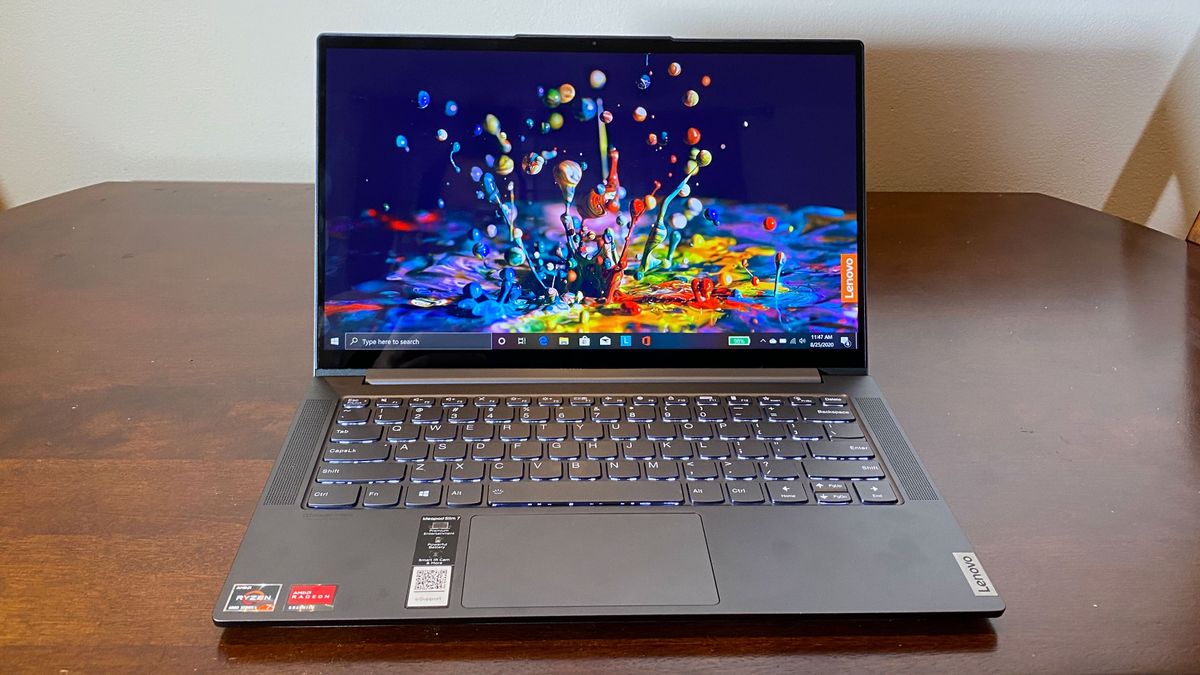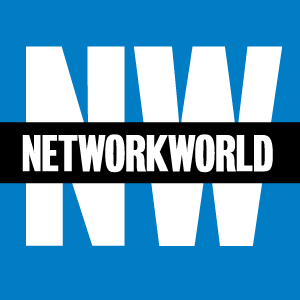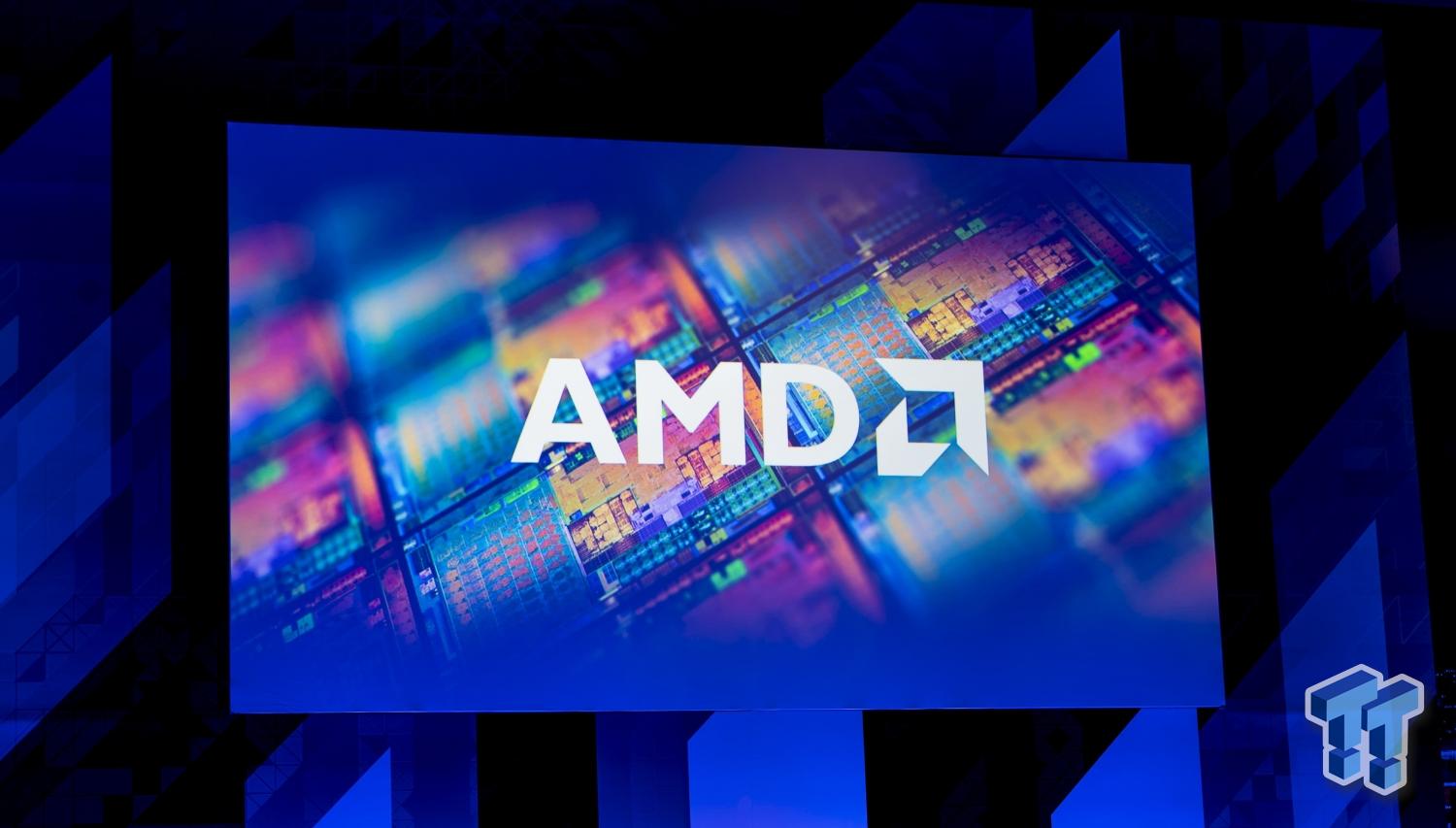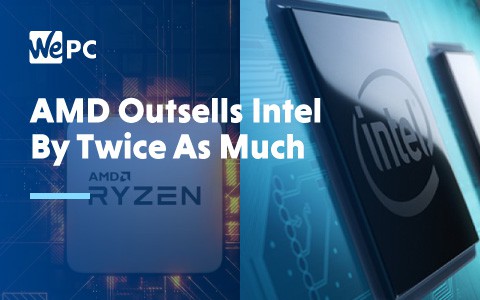Gandalf_The_Grey
Level 83
Thread author
Verified
Honorary Member
Top Poster
Content Creator
Well-known
- Apr 24, 2016
- 7,259
While AMD processors are on the rise, the company still struggles to get its chip in laptops. It's not a conspiracy; it's just Intel does much more to help OEMs.
Earlier this week, Samsung announced some stunning new Windows laptops. The company has made some excellent PCs in the past, but with its first-ever Galaxy Unpacked event dedicated to Windows, it is evident the South Korean company is raising the stakes this time.
But it was on stage, and behind the scenes, that is the real story. Many AMD fans often wonder why PC makers ignore the Intel competitor for new laptops, as for some, AMD is the preferred choice.
The reason is, as always, about money. But it is also about Intel (and Microsoft) working more closely with laptop makers so consumers get better devices. And it's working.
Intel co-engineers (and gives support)
Intel is not a dumb company, even if its processor strategy has slid in the past few years. It using leverage to gain preference with PC makers is not unfair. It is good business.
But Intel doesn't just lean on capital. A few years ago, it began its "Project Athena" program as a multi-year journey to push the laptop segment forward. That later evolved into a more formalized (and marketable) Intel Evo certification. For a company to earn the Evo sticker, a laptop needs to meet specific criteria, including:
It's a tremendous joint program between OEMs and Intel as it ensures a certain level of performance and features when people buy a laptop. It is also a response to Apple's tight marriage of hardware and software, which a company like HP or Dell would struggle with since they only build the laptop, they do not design the OS or the chipsets.
- Consistent responsiveness on battery.
- Wake from sleep in less than 1 second.
- 9 or more hours of real-world battery life on laptops with a Full HD display.
- 4 or more hours of battery life in a 30-minute charge on laptops with Full HD display.
- Thunderbolt 4 and Wi-Fi 6.
- Touchscreen.
Microsoft is in on the action too. I remember hearing some OEMs laughing about Microsoft's Intel' Skylake' debacle from 2015. Finally, they noted, Microsoft knows what it is like to make a Windows laptop. Microsoft learned from that mistake and now works closely with Intel and OEMs to optimize laptop design and software. While things aren't perfect, they are much better, and we haven't had a repeat of 'Skylake.'
All of this is evident this week with Samsung. Intel was literally a part of the show with "co-engineered" emblazoned next to the Intel Evo logo. They're not kidding, either. The new Galaxy Book Pro and Book Pro x360 have unique features like tuned Bluetooth to work better with Galaxy accessories and phones. And, for the first time, the Core i7-1165G7 in these Samsung laptops have an optional fanless mode. Indeed, performance will be limited when that feature is enabled, but it is a fascinating advancement for those who do not like whirring fans while doing lighter work.
Intel's engineering goes even further. They work with Sensel, who is now making haptic trackpads. And the whole dual-screen PC initiative, which Microsoft endorses, is driven by Intel who created reference devices for OEMs to emulate. Remember 'Tiger Rapids'?
And that ground-breaking Lenovo Yoga Book C930? It is also an Intel reference device that Lenovo brought to market with its own twist (this also explains why it doesn't run an ARM processor, by the way).
Intel is also behind Thunderbolt (in collaboration with Apple) and is the largest producer of Wi-Fi 6 mobile cards displacing Marvel (thankfully). The company is also leading the charge on the fascinating new security tech of humand presence detection in laptops.
Say what you want about Intel, but the company is behind many of the recent innovations in PCs.













